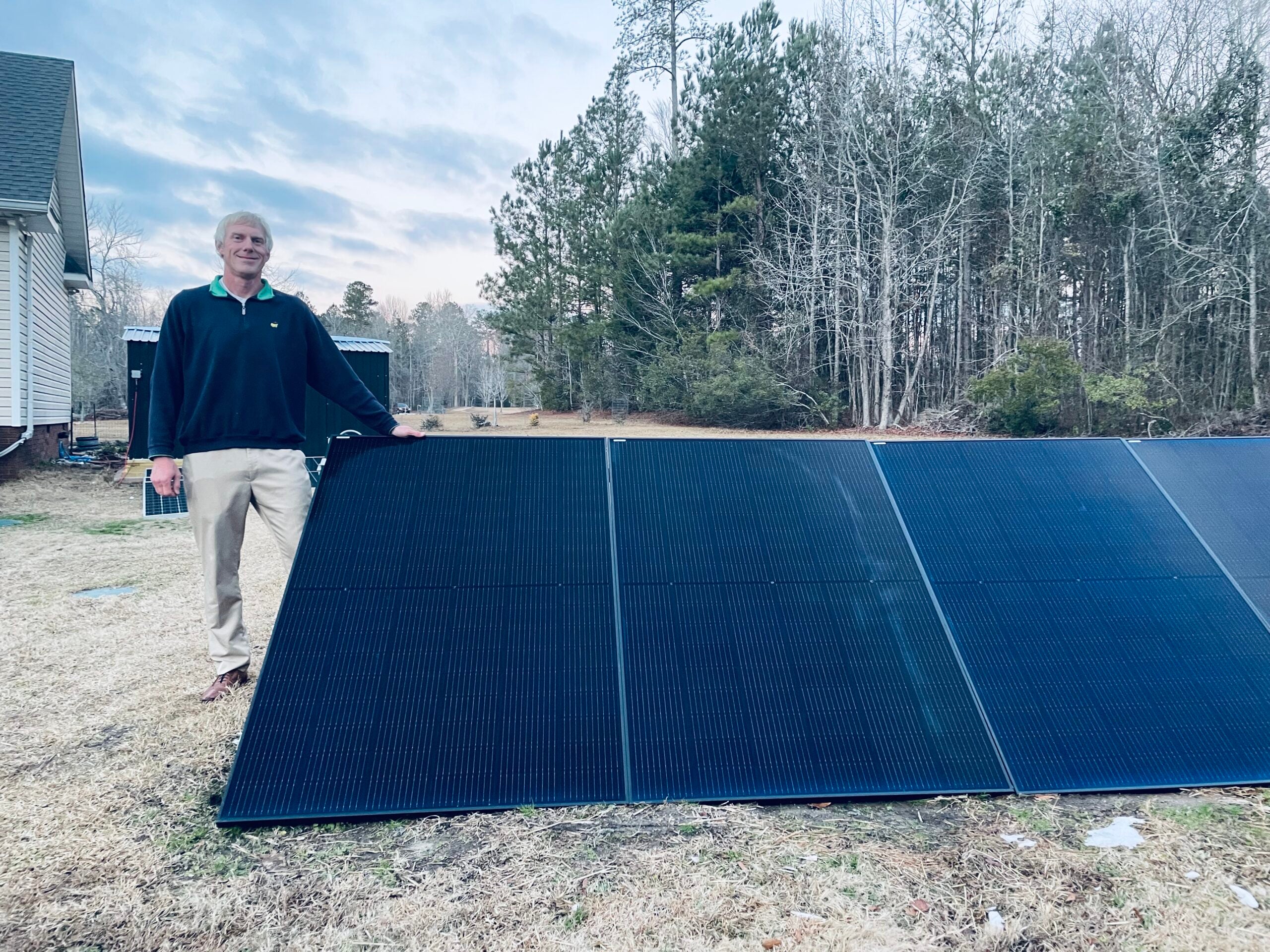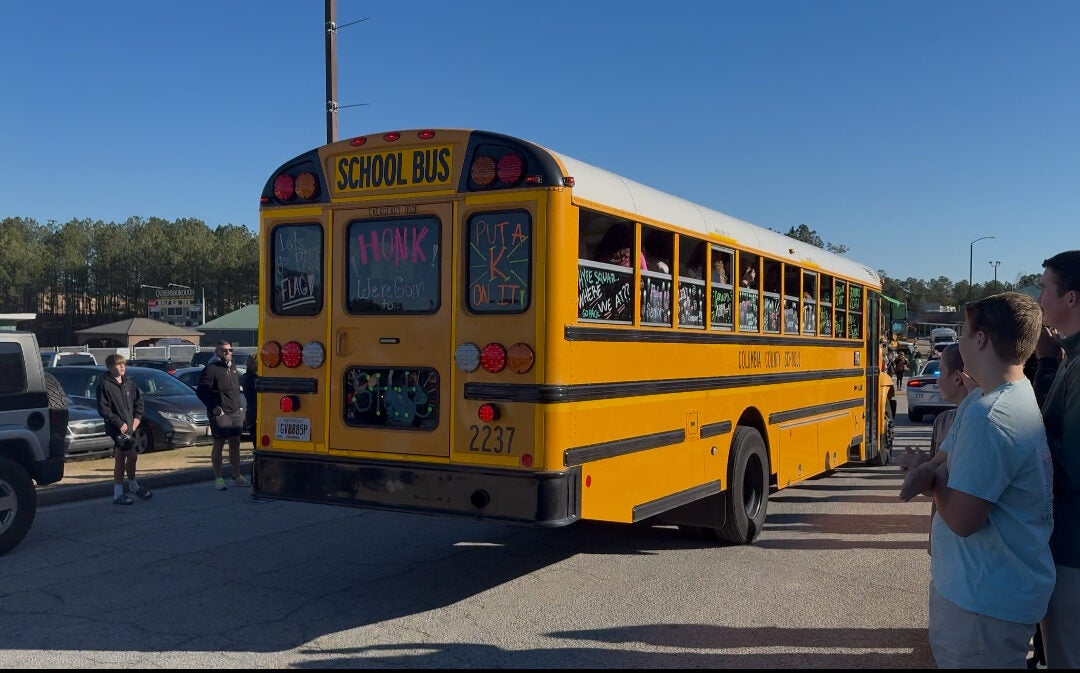Perry Hall’s enthusiasm for do-it-yourself solar power started serendipitously, looking for mini-split air conditioners online and discovering hybrid solar-powered models.
“I bought four panels,” he said. “Once you build something with solar, it’s like a bug. That’s all you want to do.”
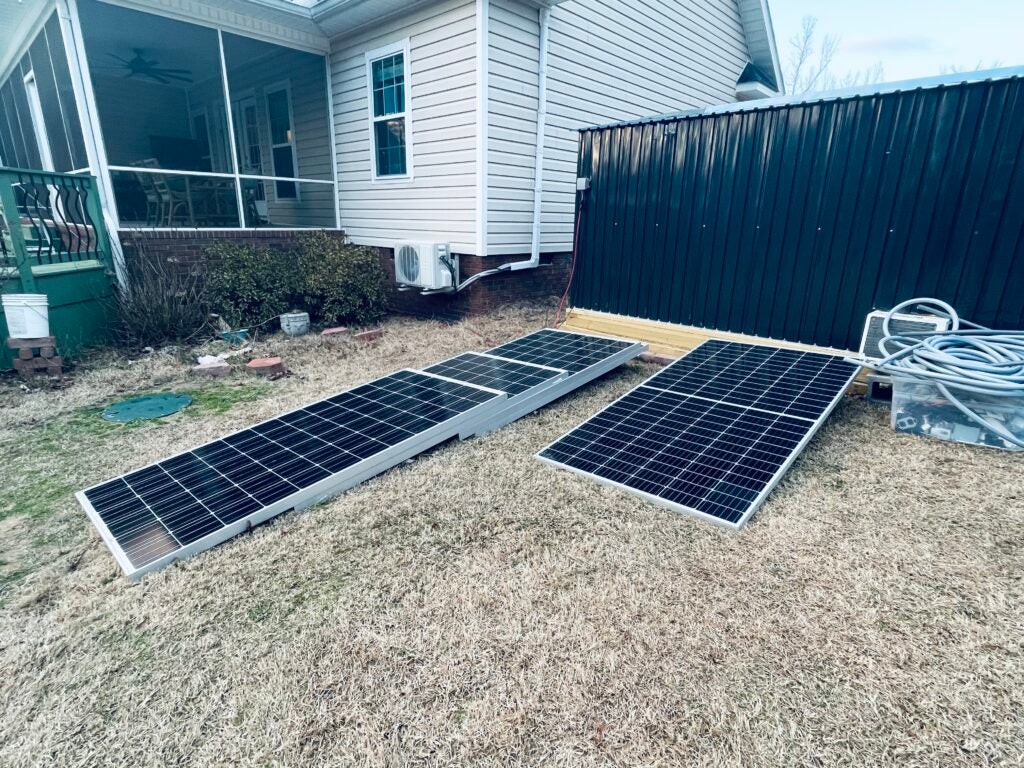
That was last summer. The realtor’s new hobby proved advantageous for him and his family in the aftermath of Hurricane Helene. While not everything could be powered—such as the hot water or the dryer—the refrigerator stayed cold, the fish tank could still keep its residents alive, phones could still be charged and the internet remained running and accessible.
Hall has been operating his latest enterprise, Self Reliant Solar, selling residential and commercial solar panels and related equipment, from his home in Harlem since September.
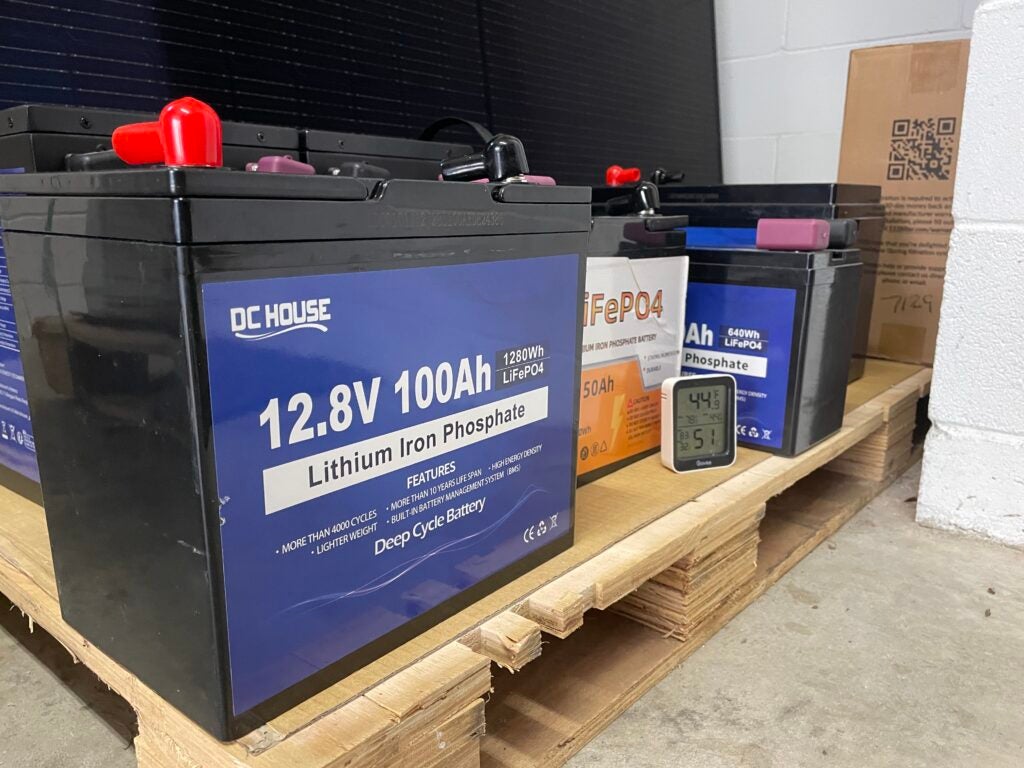
That auxiliary gear includes devices such as inverters, which convert direct current electricity generated by the panels to alternating current; solar charge controllers, which regulates current from the panels; and “chargeverters,” used for integrating power storage in a solar power system.
“You plug [the chargeverter] into a cheap propane generator, gas generator, wherever you want, and it communicates with the generator, and your system charges up your batteries,” Hall explained. “It turns the generator on and off.”
The central component of a solar power system alongside the panels, notes Hall, are batteries.
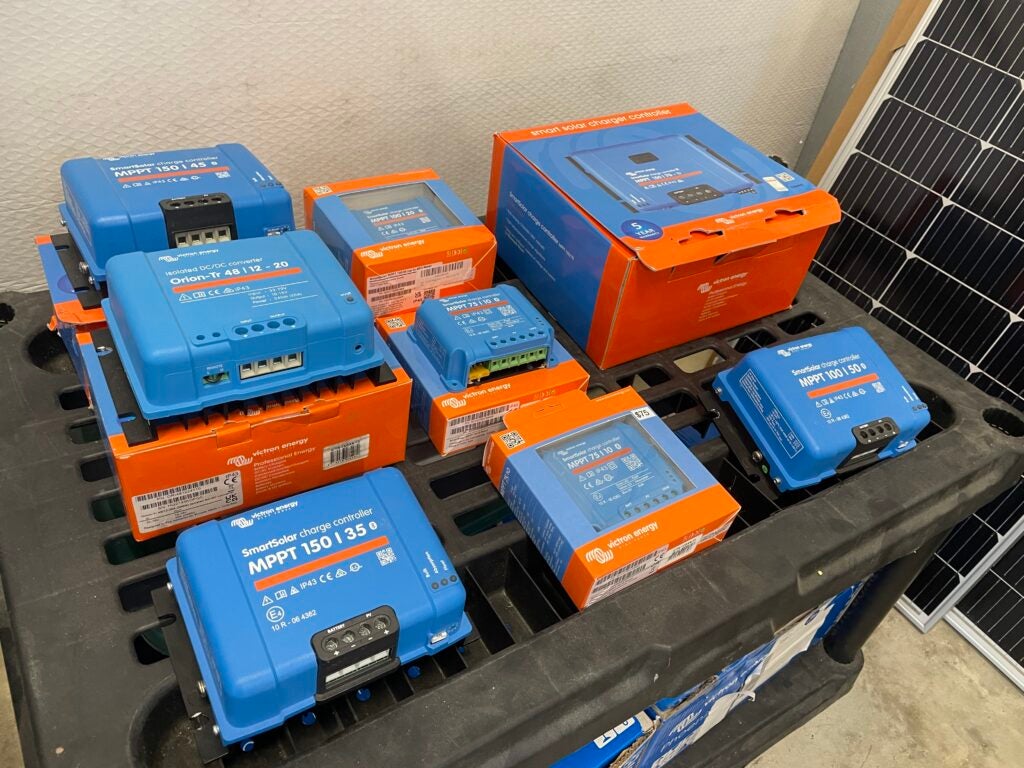
“You only have about five, six hours of sunlight a day for panels,” Hall said. “You’ve got to make it the other 18 on your batteries.”
His inventory includes lithium iron phosphate batteries, which have grown in popularity for their low cost, long life-cycle—up to 15 years—and nigh-incombustibility.
Most of Hall’s customers come from outside the CSRA, driving as far as from Atlanta and Brunswick in Georgia and Charlotte or Chapel Hill in North Carolina. One regular, he recalls, builds deer stands, and seeks panels to charge their LED lights. Another customer builds tiny homes.
Many, he notes, are those living in campers, looking for a relatively inexpensive means to watch TV or charge devices without using the vehicle’s power.
There was even a brief uptick in local interest right after the hurricane, Hall says, attributing that mostly to the rising popularity of the prospect of having an independent power source.
That, Hall says, is the focus of his business more than an emphasis on environmental concerns, as well as the source of its namesake.
“It’s about being able to run your refrigerator and your light when power runs out,” he said. “It’s about being able to take care of yourself.”
For more information, reach out at 706-399-6244.
Skyler Andrews is a reporter covering business for The Augusta Press. Reach him at skyler@theaugustapress.com.

